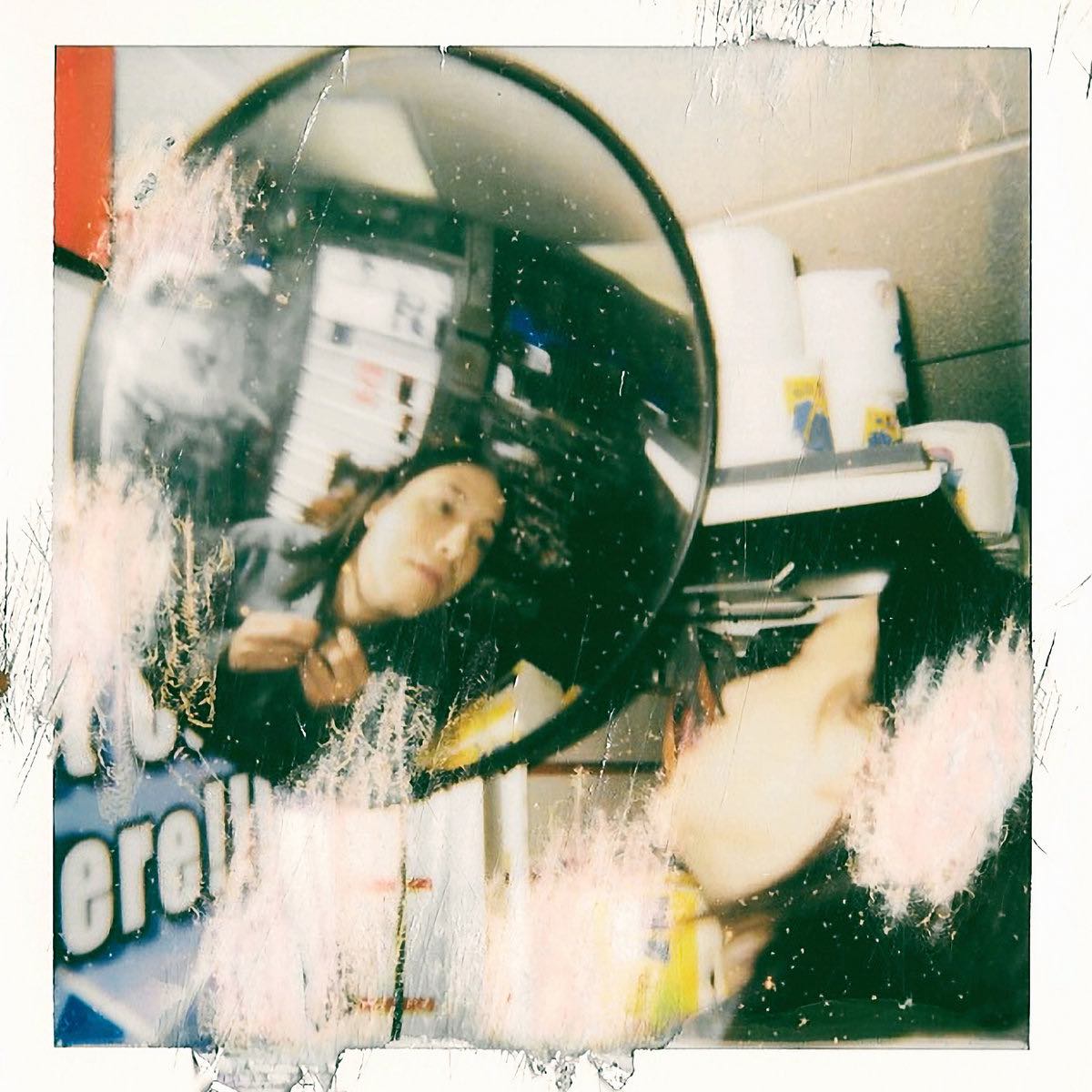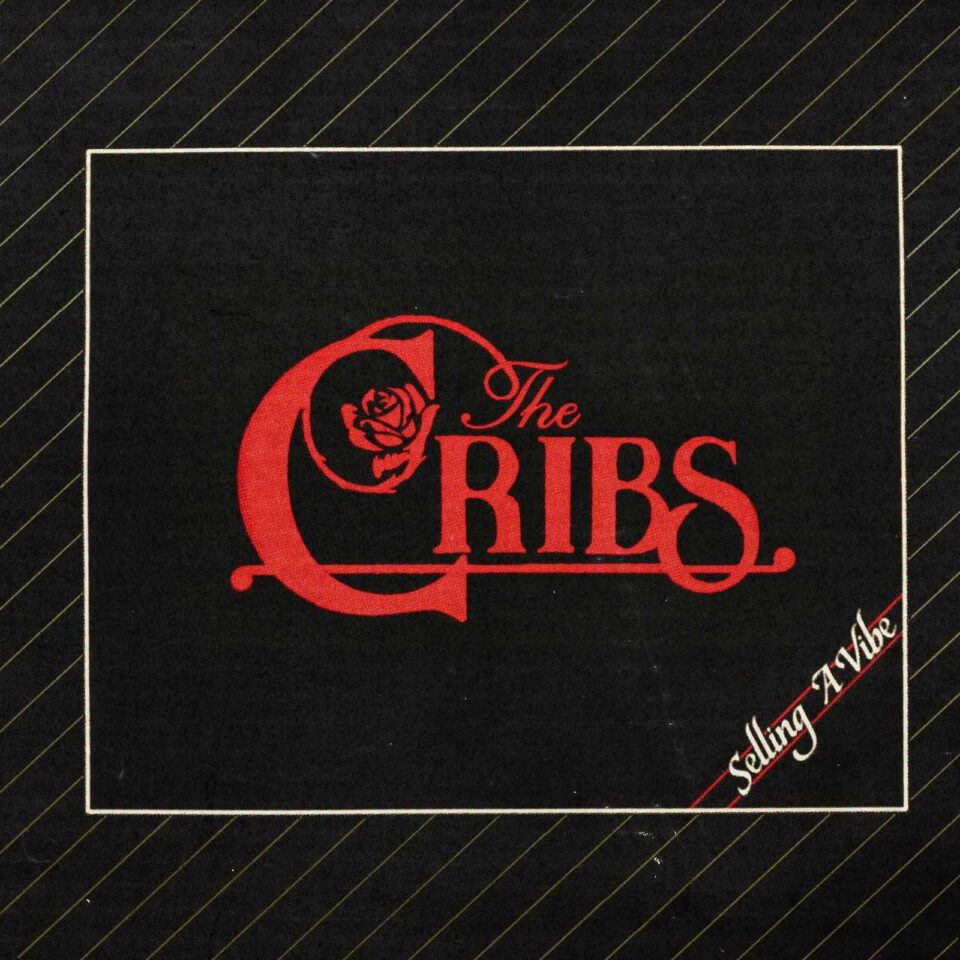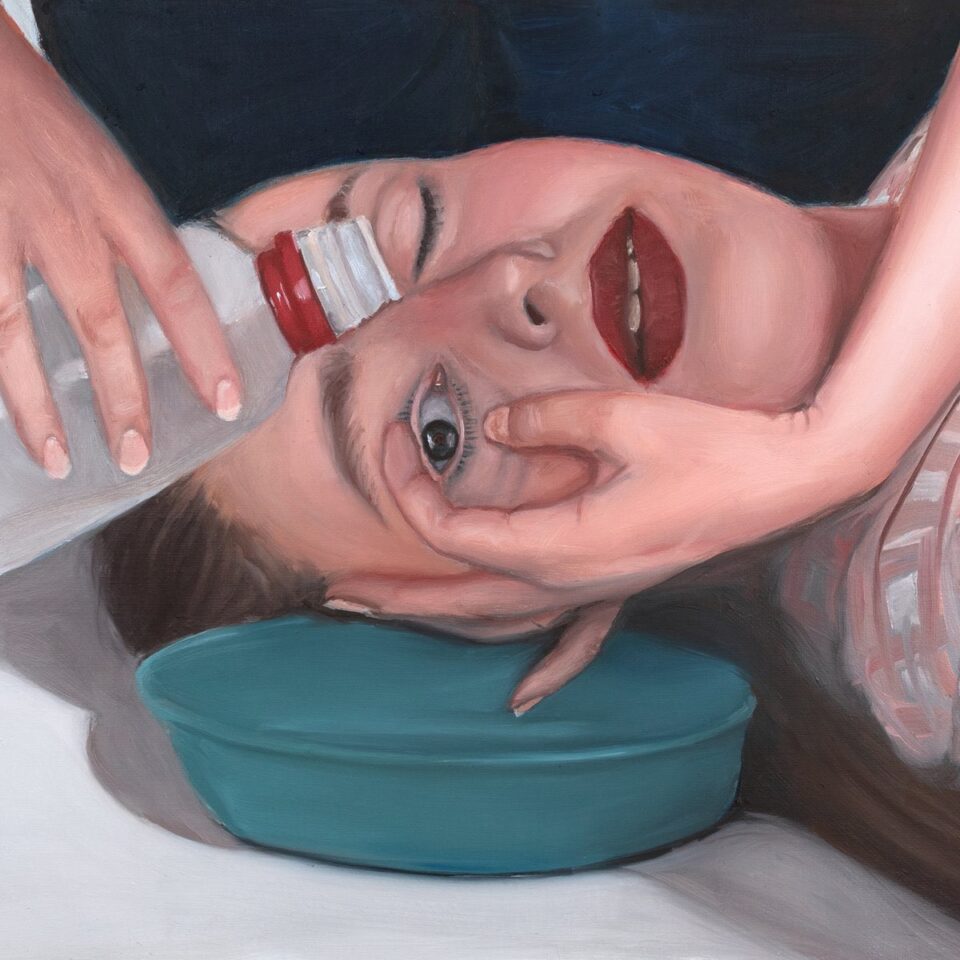Sen Morimoto
Diagnosis
CITY SLANG/SOOPER
What is it that Kyoto-born, Chicago-based instrumentalist and vocalist Sen Morimoto makes, exactly? Art-hop? Alt-jazz? Prog-pop? Indie-R&B? Quite frankly, Morimoto—additionally the co-owner of his locally based label Sooper Records—does all-of-the-above, and more, with plush harmonies and slyly complex melodies that always define his albums, Diagnosis included.
What makes this third recording of his different from previous efforts is that Morimoto-the-lyricist slows his lush, quirky sonic environment’s roll so as to smell the roses, introspectively. Along with warmly (and not-so-warmly) personal stories nostalgically touching on the travels of his childhood and how they figure into his present-day social identity, Morimoto focuses on broader topics such as police violence, the epic wonders of nature, the menace of capitalism, the hassles of the working class, and much more. “Every song on Diagnosis is, at its core, an attempt to flip the lens around,” Morimoto shared in a press statement. “To hold a magnifying glass over the systems we live in and empower us to investigate them with the same scrutiny.”
With that, Morimoto’s rainbow orchestrations, plump raps, and winding vocals run the gamut from the frazzled brass and skronky guitars behind album opener “If the Answer Isn’t Love”’s take on climate issues and warmongering to the rough, heavily percussive “St. Peter Blind” welcoming ideas of religious control to the table. Sometimes Morimoto gets in his own way as a lyricist on tracks such as the overwrought/overthought “Diagnosis”—but ultimately his third album is all the better for such self-complication, as the wordy “Naïve” and “Pressure on the Pulse” bristle as much from their loquacious brand of introspection as they do their far-flung interpretation of punkish, pretty soul-jazz.







